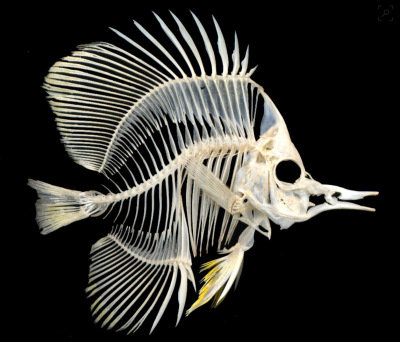People don't want to keep sps - People want to be successful
Don’t understand this ^^^
Seriously? Not everyone wants to do corals, let alone SPS. Last time I checked, FOWLR tanks were still a thing and there's a whole forum of Zoa enthusiasts here... Nobody sticks around in this hobby if they are constantly killing everything. Many of us understand the higher needs they have and voluntarily pass.




















